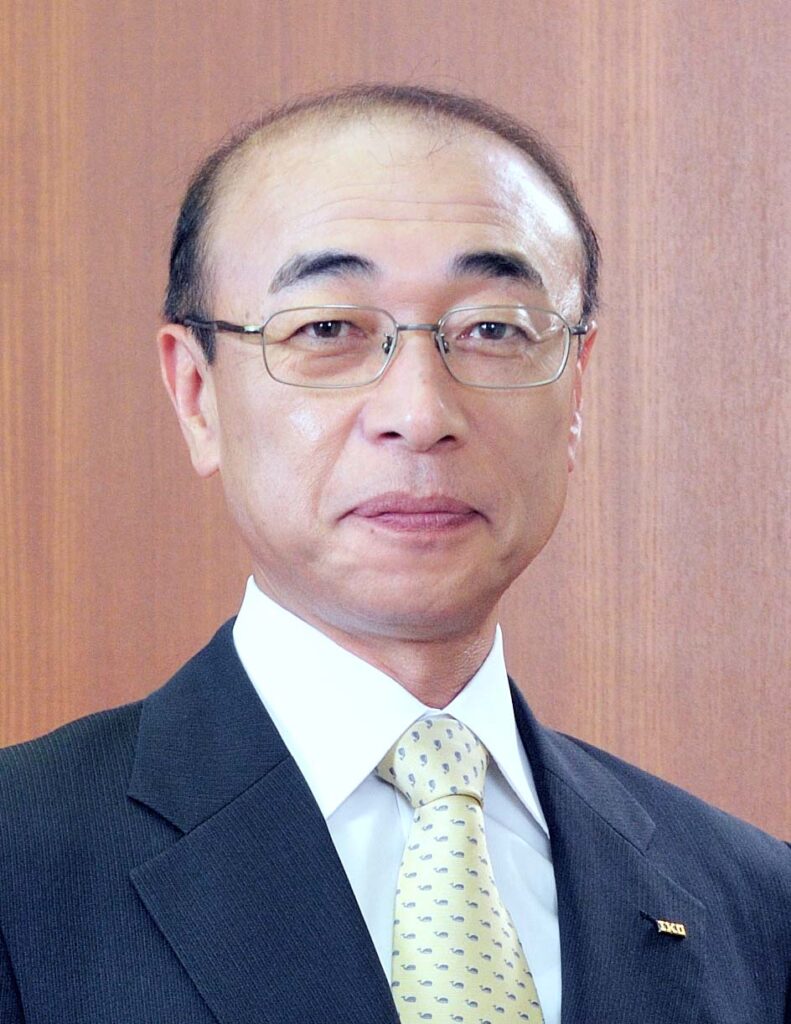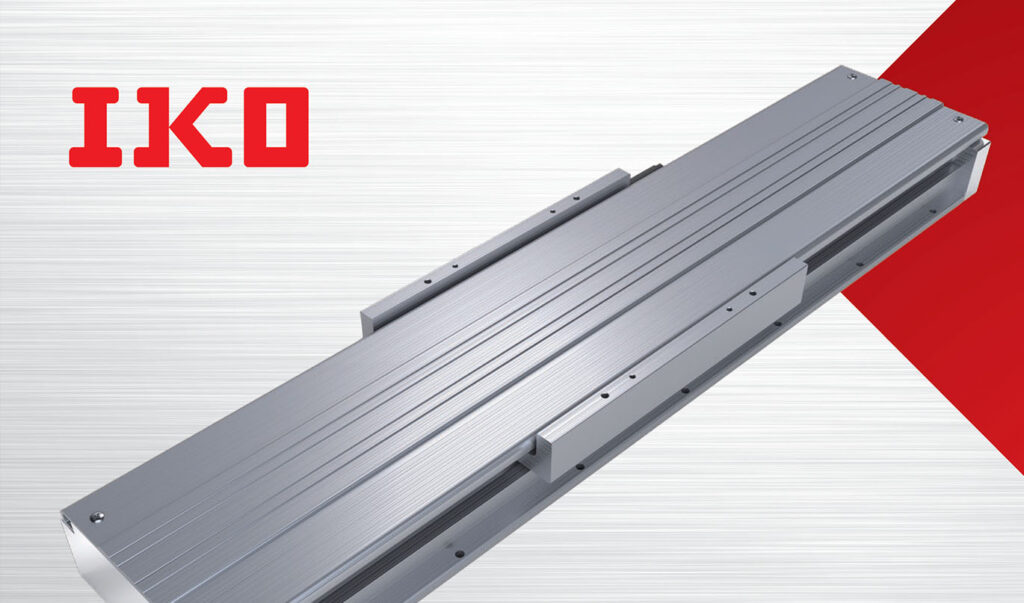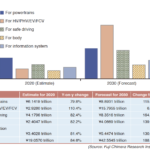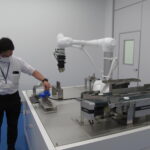ASIA ELECTRONICS INDUSTRYYOUR WINDOW TO SMART MANUFACTURING
Nippon Thompson Lays Down Medium-Term Goals
Nippon Thompson Co., Ltd. started in April its medium-term management plan through FY2023 (Mar. 2024). It laid down its target to post sales of over 60 billion yen (US$528 million), the first for the company, in the fiscal year ending Mar. 2022.
The company posted sales of 30.09 billion yen (US$265 million) for the first half ending Sept., an annual increase of 48.5 percent. It reported net profit of 2.171 billion yen (US$19.1 million) for the same period, reversing the loss a year earlier.
“In the first half, demand recovered in a wide range of fields, aside from the electronics-related field, including semiconductor manufacturing equipment and mounters. Orders rapidly recovered, almost doubling from the same period of the previous year. This after bottoming out in the first half of the previous fiscal year,” notes Shigeki Miyachi, President of Nippon Thompson Co., Ltd.

Medium-Term Goals
As its ultimate goal, Nippon Thompson wants to become a technology development-oriented company. In its medium-term management plan, it has laid down its goals of “deepening”, “taking on challenge”, and “innovation”. The company has been working to expand its business through value improvement and creation together with customers.
Deepening
It prepares to deeply cultivate existing businesses and refine them. The company will supply high-value-added solutions and pursue even higher quality and higher precision.
Taking on Challenge
It targets to take on the challenge into new businesses and business domains that will shape the future. The company sets as its goals the development of ingenious new products that satisfy customers’ needs. It aims for co-creation of new values through collaboration among industry, academia and government, and alliances and merger and acquisition (M&A) in new areas.
Innovation
Nippon Thompson will work to achieve behavioral reform, transformation of organization capabilities, and digital transformation. The company aims to nurture next-generation of global leaders who are resilient against changes and fluctuations.
Strategies on Sales, Production
As concrete strategies, on sales, the company will focus on deepening transactions with existing customers using digital tools. It will target sales expansion of strategic products in the medium-term management plan and cultivation of new customers.
On product development, the company has developed the first liquid crystal lubricating products with improved adhesion to metal surface and low dusting property. It has expanded compact linear motor-driven mechatronic products with high positioning accuracy. With these, the company enriches high-value-added products that meet diversifying customer needs.
On production, the company has bolstered production at plants in Japan and Vietnam in response to rapid increase of orders. It also increased the production of IKO brand products at its Chinese subsidiary UBC (Suzhou) Bearing Co., Ltd. It advances the construction of an efficient production system for the entire group, including supply chain.

Market Prospects
Concerning the market environment in the second half, Miyachi says, “In Japan, demand has been steadily increasing in a wide range of fields, centering on electronics. In Americas, the demand for products for semiconductor equipment and medical equipment remain strong. In countries in Europe, the demand for products for semiconductor-related and medical equipment expands. In China, there is a concern about production adjustment due to power shortages, However, businesses of semiconductor-related, automation equipment and new infrastructure industries, which are our company’s customers, will remain brisk.”
For the entire fiscal year through Mar. 2022, Nippon Thompson expects sales of 61 billion yen (US$537 million), a 37.6 percent year-on-year increase. It expects operating profit of 5.1 billion yen (US$45 million) and net profit of 4.2 billion yen (US$37 million). If these are achieved as planned, the company will post record performance surpassing FY2018.
Miyachi says, “Amid the acceleration of digital transformation and further increase in the needs for automation, the market, including the semiconductor-related industry, is expected to further expand. Recent rapid increase in demand and the confusion amid the pandemic have increased risks in the supply chain, including the shortage of some components, hikes of prices, and delay in physical distribution and rising cost.”
“Also, responsibilities of a company to solve issues toward achieving sustainable society have been increasing. We intend to certainly enhance corporate value and continue sustainable growth even amid major social changes and market fluctuations,” concludes Miyachi.




